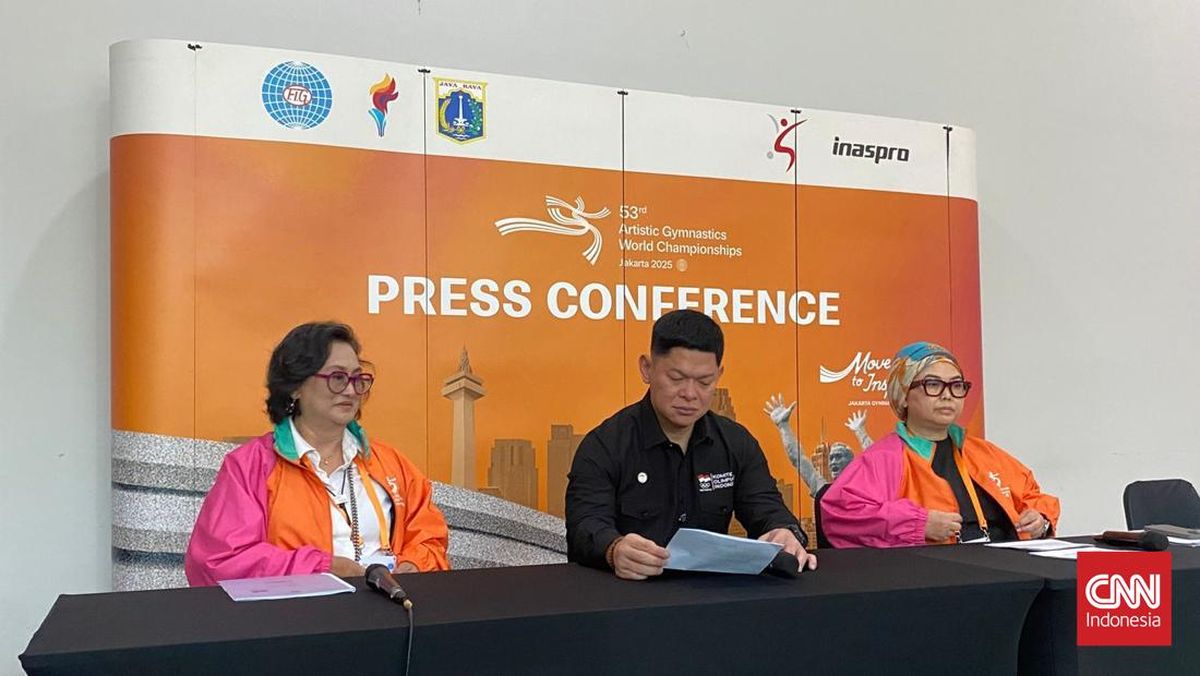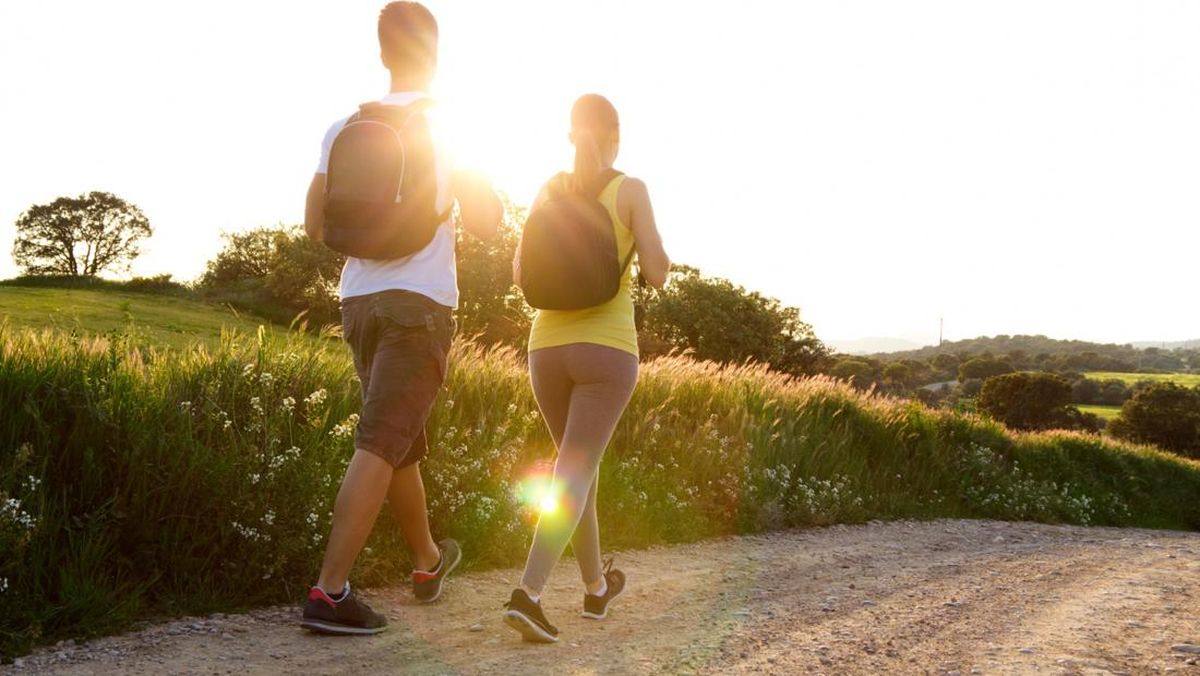TRAVELLER AWARDS: SUSTAINABILITY
As informed tourists increasingly prefer to tread lightly on holiday, we profile the places and experiences leading the way on sustainability and conservation. Read on for our Sustainability winners.
BUAHAN, A BANYAN TREE ESCAPE

It’s hard to imagine a luxury retreat that touches the earth more lightly than Buahan, a Banyan Tree Escape. Surrounded by Balinese jungle, the 16 recycled-hardwood villas at Buahan have neither doors nor walls. Instead, lush vegetation screens you from your neighbours, while a clever choice of plants around the villa helps repel insects. Construction was done without clearing large swathes of vegetation, and light pollution is kept to a minimum, with torches provided to help navigate the unlit paths at night. A series of community-focused excursions connects guests with the region and its people, and the resort’s zero-waste restaurant is another highlight. See escape.banyantree.com
THE FOREVER REEF PROJECT

The Forever Reef Project, housed in Port Douglas’ Superyacht Marina, is on a mission to catalogue and preserve every type of coral in the Great Barrier Reef; so far, they’ve collected 179 of 415 known Great Barrier Reef species and discovered new varieties previously unknown. Three bays of bright, happy, colourful coral live under high-tech lighting systems that help the coral photosynthesise and grow at an epic, sustainable, researchable pace. It’s a world-leading exercise, partnering with global reef programs, but it has the power to alter the course of our reef. And, for $35, you can get a tour in this non-for-profit working laboratory to see what the reef is capable of if we protect it. See foreverreef.org
OTAHUNA LODGE, CHRISTCHURCH, NEW ZEALAND

Over the past two decades, Americans Hall Cannon and Miles Refo have poured buckets of money and love into restoring New Zealand’s largest private historic residence, Otahuna Lodge, a magnificent manor house that is considered to be the finest example of ornate Queen Anne architecture in Australasia. The 12 hectares of gardens, which include orchards and woodlands, are managed with the principles of sustainability established back in the 19th century. That means eggs from the chook pens, meat from the piggery and 70 per cent of produce drawn from the organic vegetable and herb gardens. Chef Jimmy McIntyre runs the kitchen using old-fashioned recipes from New Zealand cookbooks, makes preserves and chutneys from leftover food, and generally is a champion of sustainable living. See otahuna.co.nz
MOUNT MULLIGAN LODGE, QUEENSLAND

Set under a spectacular 400-metre-high escarpment in cattle country marked with the ruins of old gold mining settlements, North Queensland’s Mount Mulligan Lodge, a member of Luxury Lodges of Australia, is a unique blend of cattle station (the pastoral lease includes 2000 Brahmin cattle on 28 hectares) and luxury nature-based retreat. The resort mostly runs on solar, with rainwater harvesting, composting, recycling and waste management as core sustainability practices. There’s a nose-to-tail philosophy in the kitchen, with butchery done in-house, and produce comes from the rich nearby Atherton Tablelands and seafood from the coast and river. Guests hike, swim in the reservoir or dash around the property in electric golf carts. See luxurylodgesofaustralia.com.au
MISOOL RESORT, INDONESIA

While Raja Ampat in West Papua, Indonesia, is internationally renowned as being home to the world’s most biodiverse reef systems, its multifariousness has long been at risk. Shark finning and destructive fishing practices have threatened the region. But one resort in its remote southern region has fought back. Misool Resort, owned by a group of conservationists and divers, has saved 1200 square kilometres within a marine reserve twice the size of Singapore. Here guests stay on their own private island within an area patrolled by the resort’s rangers. The nearest village is 20 kilometres away by boat, meaning guests have these pristine waters entirely for themselves. Accommodation is in overwater cottages built from reclaimed tropical hardwood. See misool.info
MAS SALAGROS ECO RESORT, VALLROMANES, SPAIN

Barcelona can be crowded and noisy, but just 30 minutes away in Vallromanes you’ll find Mas Salagros Eco Resort, a boutique hotel adjacent to the Serralada Litoral Park. Constructed in 2016, Mas Salagros is billed as the first 100 per cent eco-friendly resort on the Iberian peninsula, with the Green Globe Certification to prove it. Rooftops are planted as gardens, furniture is handmade or repurposed, and a biomass boiler contributes to heating. A popular getaway for Catalans, it is as stylish as it is sustainable. Dine on seasonal, organic fare in Restaurant 1497 before heading to the AIRE Ancient Baths to float your worries away on a candle-lit water experience. You may never stay in the city centre again. See massalagros.com
SPIRIT BEAR LODGE, BRITISH COLUMBIA, CANADA

Tucked away in British Columbia’s remote Great Bear Rainforest, indigenous-owned Spirit Bear Lodge offers unrivalled wildlife watching, including coastal wolves, grizzly bears and orcas. The region’s most famous inhabitant is the elusive spirit bear, a black bear with a genetic mutation that turns its coat white. The Kitasoo Xaixais people have been watchful guardians of the spirit bear, protecting it from poachers while advocating for greater protections for their homelands. After successfully banning bear hunting in 2017, Spirit Bear Lodge is now a shining example of indigenous-led sustainable tourism. The hotel employs nearly all its staff from the community to act as guides, cooks and cleaners, and a portion of its fees help fund scientific research and conservation programs. See spiritbear.com
HX EXPEDITIONS

Few cruise companies walk the walk like HX Expeditions (formerly Hurtigruten Expeditions) when it comes to protecting the world’s frozen frontiers. Scan the Norwegian cruise operator’s report card and you’ll find an impressive list of firsts: it was the first to ban heavy fuel oil in 2009, the first to commit to science-based emission reduction targets, and the first to introduce hybrid-powered cruise ships in 2019. This year it added a new first – an online course in partnership with the University of Tasmania that culminates in an official university certificate. The program is dedicated to educating guests before they board about Antarctica’s unique history, landscapes and wildlife in a bid to turn polar tourists into climate ambassadors. See travelhx.com
WILSONS PROMONTORY, VICTORIA

Wilsons Promontory’s big plans to create a super-sized climate refuge may still be a few years away but it’s already making great strides in its quest to provide a safe haven for native wildlife and protect habitat. As well as building a 10 kilometre fence to keep out predators such as foxes and cats, Parks Victoria is reintroducing species lost to the park such as the eastern bristlebird and spot-tailed quoll. Habitat restoration is already paying dividends with recent sightings of pookila (formerly known as the New Holland mouse) and eastern ground parrots. Upgrades to amenities are also making this beloved national park as welcoming to visitors as it is to wildlife. See parks.vic.gov.au
THE DATAI, LANGKAWI, MALAYSIA

The Datai Langkawi occupies a swathe of ancient rainforest that spills down to a pristine beach on the Andaman Sea. With the amazing biodiversity of life all around it, the luxury beach-jungle resort takes stewardship of its precious environment extremely seriously. Five years ago, it introduced an environmental and community impact initiative, The Datai Pledge, a pioneering nature positive program that’s wide-reaching in its objectives to support marine life, terrestrial wildlife, and local youth, as well as make the resort’s operations more sustainable in every aspect. What the resort has achieved in this time is deeply impressive and truly inspirational, showing how hospitality can lead in driving change globally. See datai.com
Traveller Awards contributors: Kate Allman, Kate Armstrong, Flip Byrnes, Justine Costigan, Jim Darby, Anthony Dennis, Ben Groundwater, Jenny Hewett, Belinda Jackson, Kerry van der Jagt, Julietta Jameson, Trudi Jenkins, Brian Johnston, Ute Junker, Katrina Lobley, Catherine Marshall, Chrissie McClatchie, Rob McFarland, Justin Meneguzzi, Julie Miller, Jane Reddy, Jane Richards, Katherine Scott, Craig Tansley, Lee Tulloch, Sue Williams, Riley Wilson.


















































